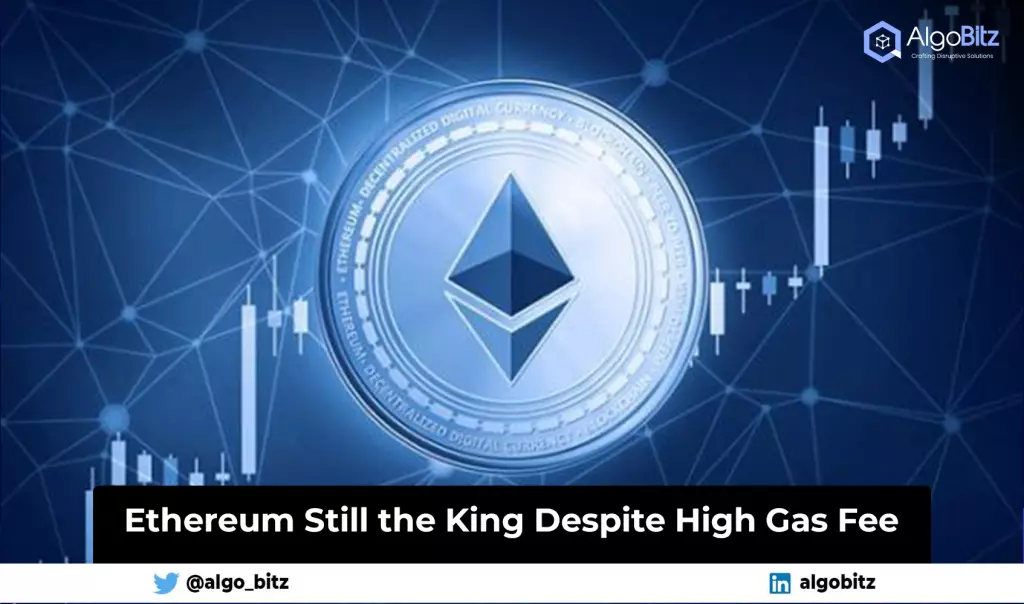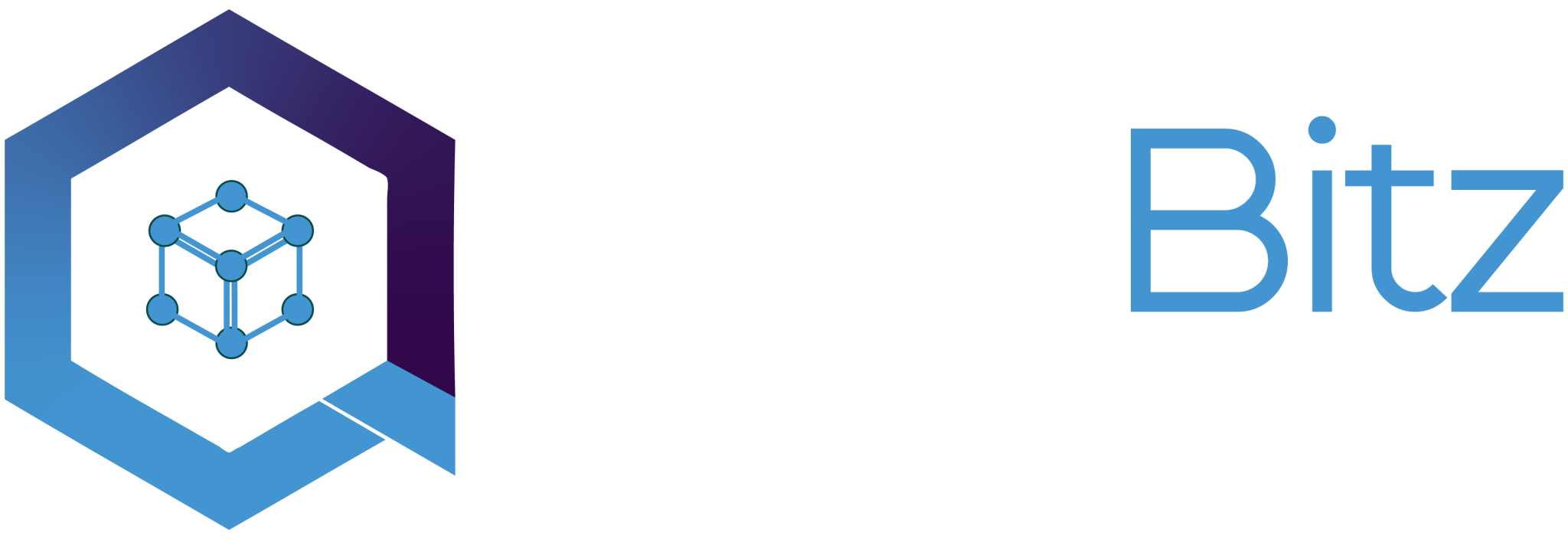High gas fees associated with Ethereum mining has lately been a subject of controversy. The network’s fees is frequently cited by critics as an essential feature that renders it ineffectively. It allows an “ETH killer” to dethrone it as the principal smart contract execution platform. The obligation to pay hefty fees to perform transactions, at its most basic level, contradicts the blockchain’s inclusion.
Despite high gas fees, Ethereum stays on the top. Why? Let’s understand this further!!
7 Hour Outrage in Solana as Bots Invade the Network
Recently, due to a significant amount of transactions from the NFT minting bots, the Solana network broke down for seven hours between Saturday and Sunday. The network became overloaded after a record-breaking four million transactions, or 100 gigabits of data per second, causing validators to lose consensus, resulting in Solana falling dark at around 8:00 p.m. UTC on Saturday. Validators were able to successfully restart the prime network seven hours later, at 3:00 a.m. UTC on Sunday.
According to Solana’s status reporting, this is the seventh time this year the company has faced partial or complete outages. The network was hampered by disruptions between 6-12 Jan 2022, resulting in partial outages and reduced service between 8 and 18 hours.
In addition, the recent breakdowns have resulted in questions over Solana’s centralization. The Solana Foundation develops core nodes on the blockchain for the network, whereas Ethereum has many core node developers. Anyone can become a validator on Solana because of the network’s high transaction throughput with a pricey running node.
Those who are disappointed with Solana have plenty of alternatives. Sharding divides the network into several pieces (shards) to minimize the strain on each node, is set to help Ethereum scale dramatically with its planned upgrade to Ethereum 2.0. Sharding, according to some, might let Ethereum scale to handle thousands of transactions per second while also cutting transaction fees.
It remains to be seen whether Eth2 will help Ethereum, whose native token is the second-largest cryptocurrency in terms of market value, maintain its reign.
Conclusion
Over the weekend, Solana was the second network to experience significant transaction volume related to NFTs. Due to the release of 55,000 NFTs by Yuga Labs, the average Ethereum transaction cost went up to over $450, with some users paying up to 5 Ether (ETH), or $14000, in gas fees for money transfers and much more to coin one of the NFTs.
With such frequent outages caused by whatever reasons, no user would want to risk being part of a Blockchain that provides no stability in its functionality. It is also one of the reasons why Ethereum, even after a high gas fee, reigns in the blockchain market. There may be drawbacks in terms of pricing, but the smoothness in functionality and lower outages make it the King.







